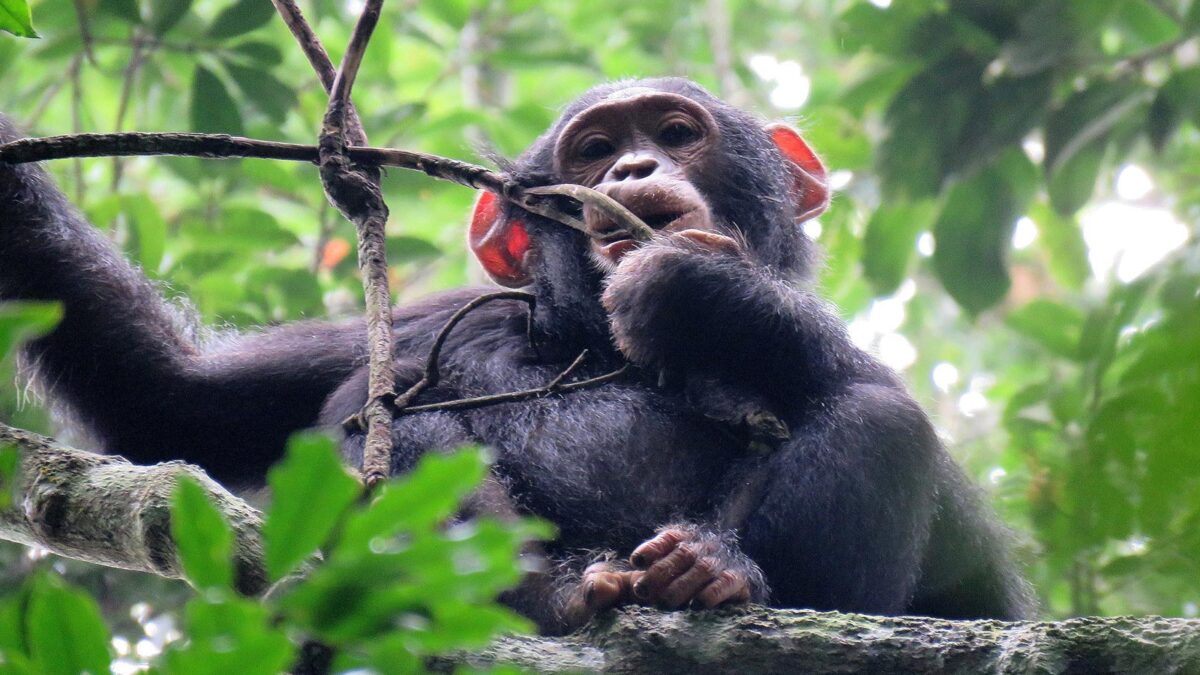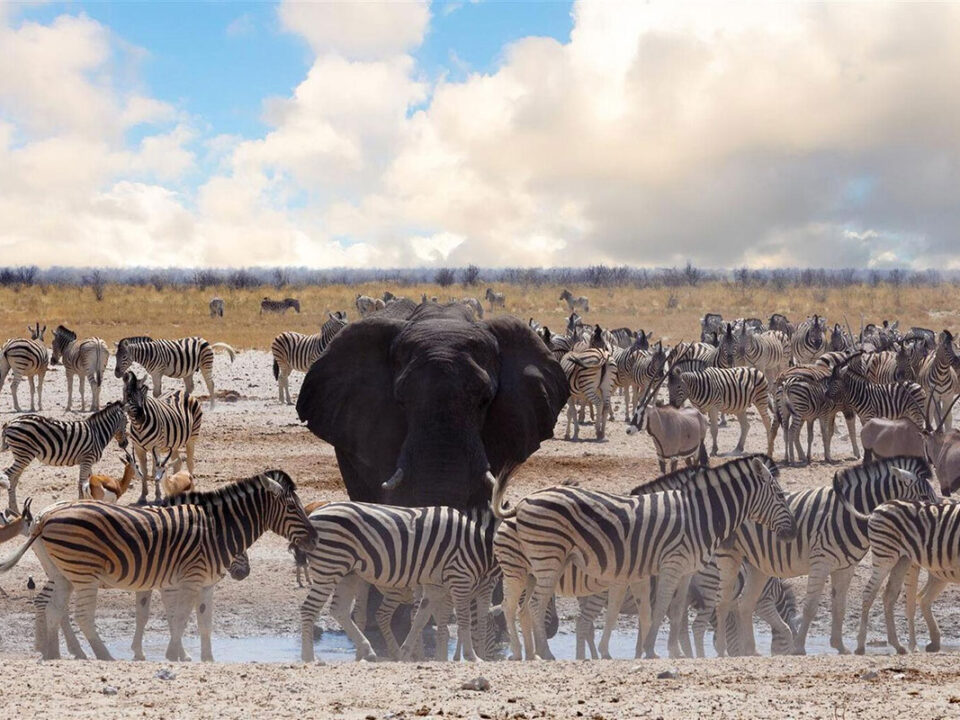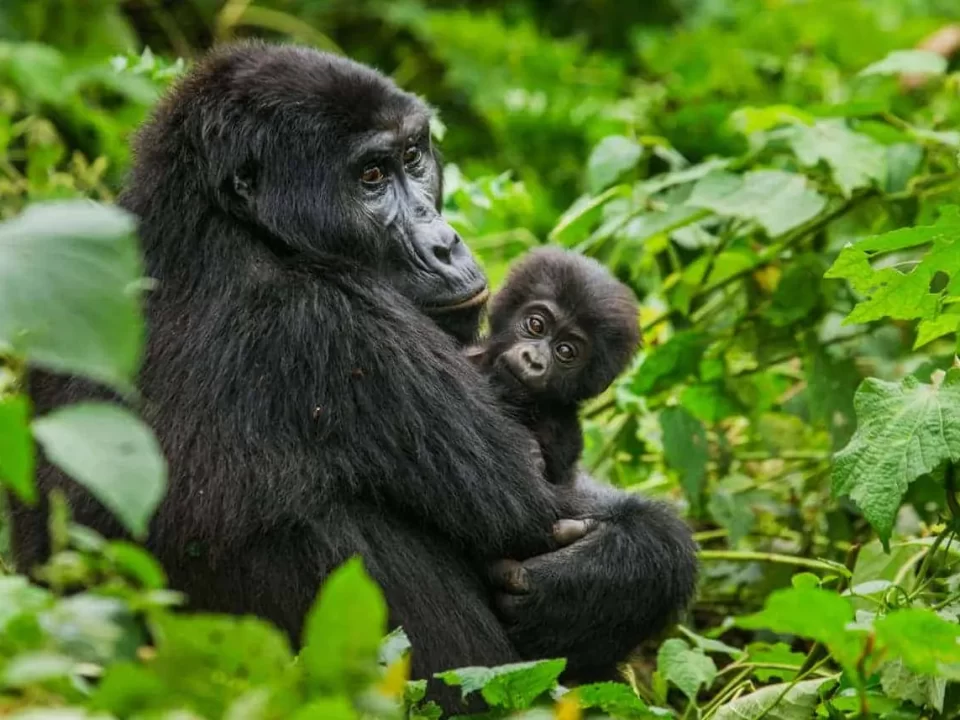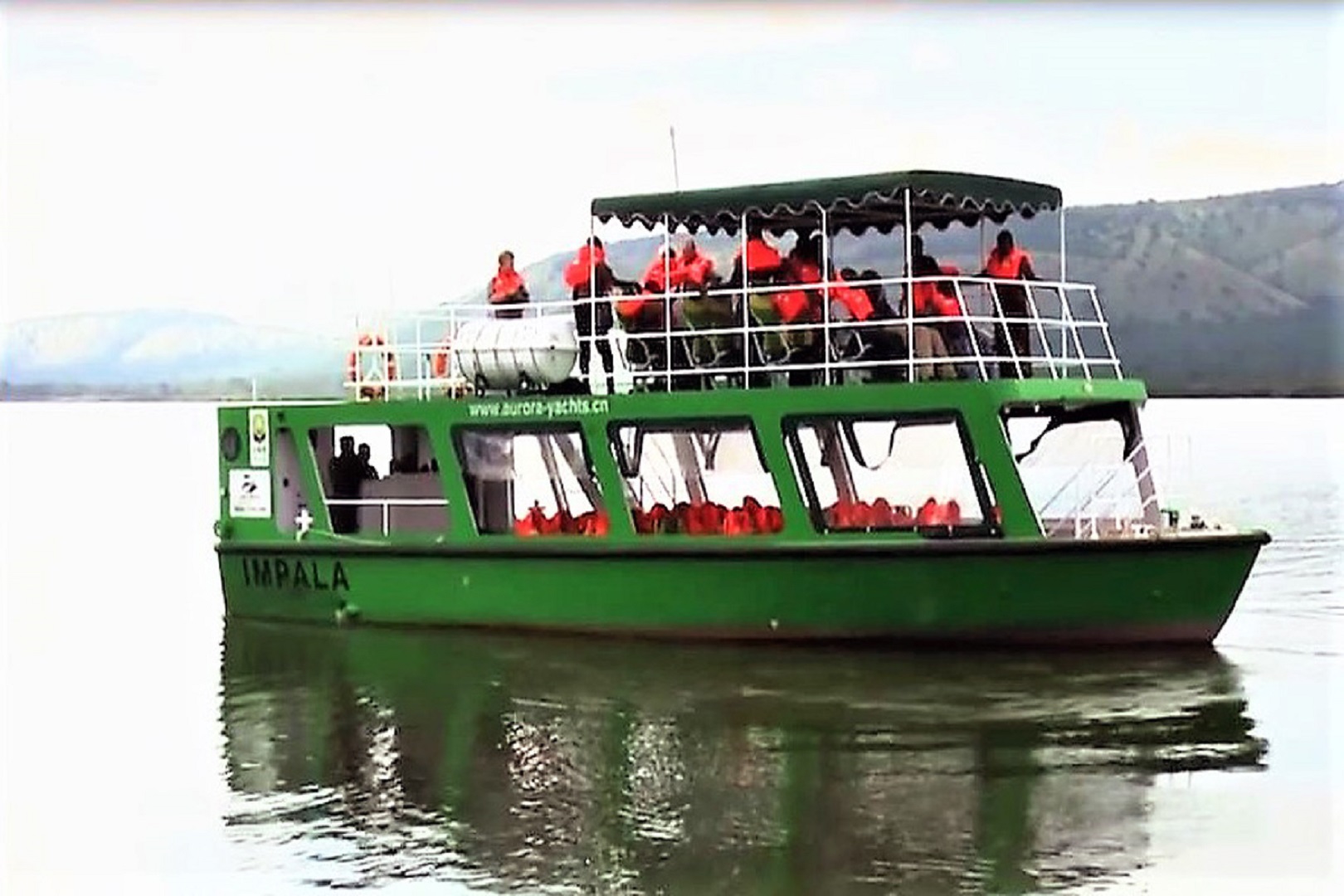
Lake Mburo Boat Cruise
July 14, 2023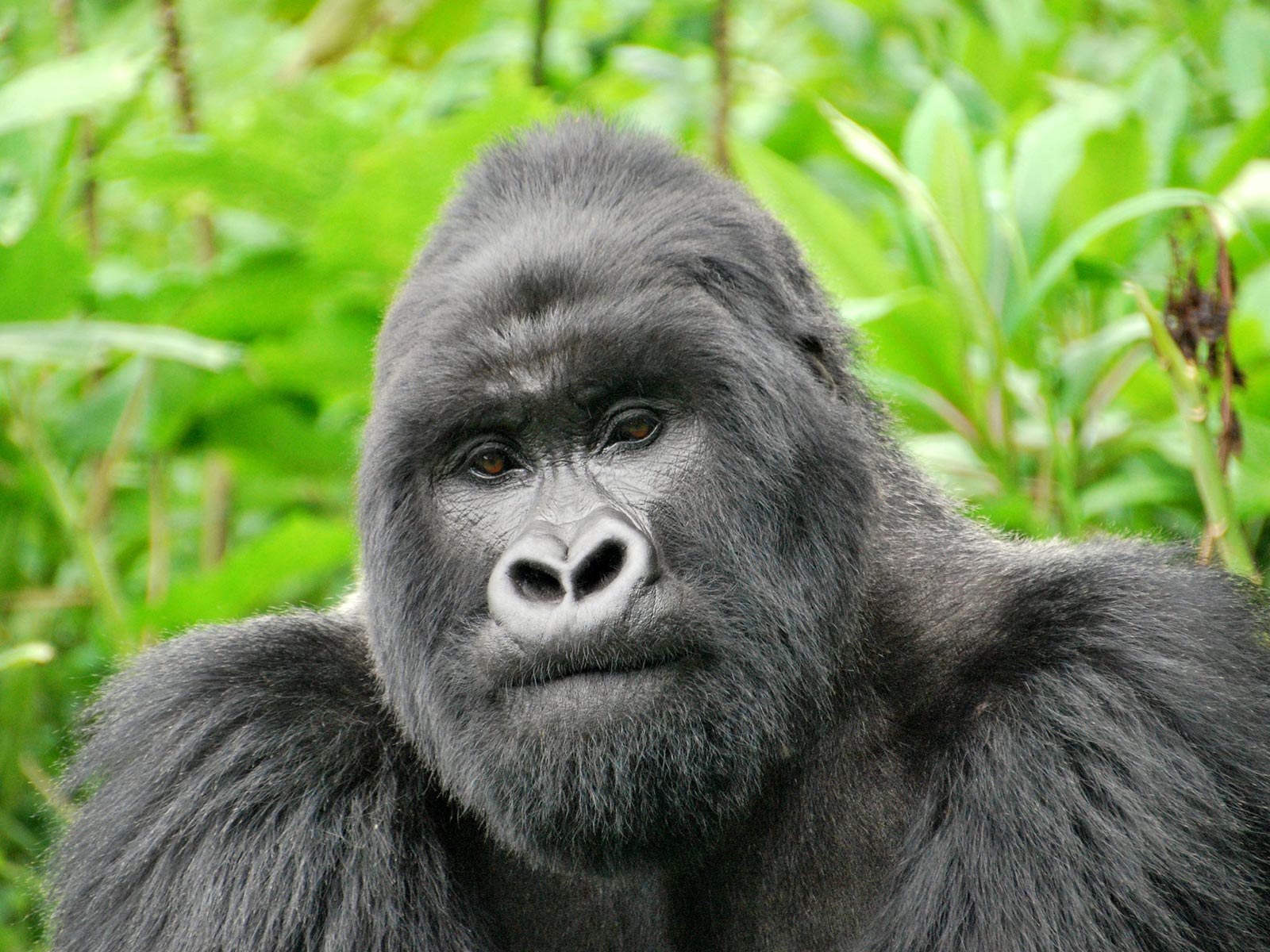
Are Primate Safaris in Rwanda Worth the Money Spent?
July 14, 2023Primate Safaris in Uganda: A Worthwhile Investment in Wildlife Encounters
Are primate safaris in Uganda worth the money spent, energy, and time? The resounding answer is YES. Primate safaris in Uganda offer a unique opportunity to witness the country’s incredible primates, including the iconic mountain gorillas in Bwindi Impenetrable National Park and Mgahinga Gorilla National Park, as well as chimpanzees and various species of monkeys found in Kibale Forest National Park, Kyambura Gorge, Kalinzu Forest, and Budongo Forest. Other primate highlights include the golden monkeys found exclusively in Mgahinga Gorilla National Park and the Patas monkey, also known as the hussar monkey, primarily restricted to the far north in areas such as Kidepo Valley National Park and Murchison Falls National Park and the Pian Upe Wildlife Sanctuary. Primate safaris are among the most popular tours booked by travelers visiting Uganda, with many describing the experience as unforgettable, magical, and life-changing.
The financial investment made in a primate safari in Uganda is not only beneficial to travelers themselves but also plays a crucial role in primate conservation efforts. The funds generated through permit fees and park entrance fees contribute to the conservation and protection of primates and their natural habitats. Without primate tourism in Uganda, these fragile habitats would be at risk of destruction. However, with the presence of these primates and the revenue generated by visitors, the government, through organizations like the Uganda Wildlife Authority, is motivated to safeguard their habitats, promoting environmental conservation efforts throughout the country. Thus, the money spent on a primate safari in Uganda goes beyond personal enjoyment and contributes to the long-term preservation of these incredible species.
Furthermore, the financial benefits of primate tourism extend to the local communities living near the forests where the primates reside. A portion of the permit and park entrance fees is allocated directly to these communities, empowering them to participate in conservation efforts and encouraging them to protect the primates. This financial support not only enhances the livelihoods of the local communities through direct payments but also indirectly contributes to the development of essential infrastructure, such as schools and hospitals, and promotes sustainable agriculture. By investing in a primate safari in Uganda, travelers actively contribute to the well-being of local communities and foster a sense of shared responsibility for the protection of these unique primate species.
Despite the higher costs of primate trekking permits, the physical exertion involved, and the time spent trekking through forests, primate safaris in Uganda offer a thrilling and awe-inspiring experience. The opportunity to observe these gentle giants and other primates in their natural habitats has impressed many visitors, often prompting them to embark on multiple treks and encounters. The money spent on these safaris is truly justified by the once-in-a-lifetime encounters, the memories created, and the deep appreciation gained for these incredible creatures.
The Cost of Primate Safaris in Uganda
The cost of a primate safari in Uganda varies depending on the specific primates you wish to see, the duration of your trip, and the locations you plan to visit. Permit prices constitute a significant portion of the expenses, in addition to other services such as transportation, accommodation, and guiding. For example, a gorilla trekking permit costs USD800 for non-residents, USD700 for residents, and 300,000 Ugandan Shillings for East African citizens per person, allowing for a one-hour encounter with mountain gorillas in Bwindi Forest National Park and Mgahinga Gorilla National Park. For a more immersive experience, a gorilla habituation permit costs $1,500 for non-residents, $1,000 for residents, and 750,000 Ugandan Shillings for East African citizens, offering a four-hour encounter with semi-habituated mountain gorillas in Bwindi Forest National Park.
A chimpanzee trekking permit costs $200 for non-residents, $150 for residents, and 150,000 Ugandan Shillings for East African citizens per person, providing an opportunity to spend one hour observing chimpanzees in Kibale Forest National Park.
In addition to permits, you will need to consider other expenses such as transportation, accommodation, and guiding to ensure a successful primate trekking experience.
Popular Primate Safaris in Uganda
There are various primate safari itineraries to choose from in Uganda, catering to different interests and durations of stay. Some popular options include:
- 3 Days Uganda Gorilla Trekking Safari
- 8 Days Gorilla and Chimpanzee Trekking Safari
- 8 Days Gorilla and Golden Monkey Trekking Safari
- 12 Days Uganda Primate Safari
Top Primate Destinations in Uganda
Uganda is renowned as the primate capital of Africa, boasting numerous pristine locations where primates thrive in their natural habitats. Some of the top destinations for primate watching include Bwindi Impenetrable National Park and Mgahinga Gorilla National Park, which offer exceptional gorilla trekking experiences alongside encounters with other primate species. Budongo Forest and Kibale Forest National Park are also popular for their communities of habituated chimpanzees and a wide variety of primate species. These destinations provide opportunities to observe primates up close and learn about their behaviors and conservation efforts.
Booking a Primate Safari in Uganda
To secure a primate safari in Uganda, it is essential to obtain permits in advance. Once you have determined your preferred travel dates, you can contact Trek Africa Expeditions via email (info@trekafricatours.com) to check the availability of permits through the Uganda Wildlife Authority. Once availability is confirmed, you will receive an invoice for permit payment. After your payment is received and confirmed, Trek Africa Expeditions will purchase the permits on your behalf and provide you with scanned copies for your records. This process ensures that you are booked for your desired primate safari experience in Uganda. It is advisable to book permits at least 2-3 months in advance, as they sell out quickly on a first-come, first-served basis.
Best Time for Primate Safaris in Uganda
The best time to embark on primate safaris in Uganda is during the months of June to October and December to February. These periods fall within the country’s dry seasons, characterized by mild rainfall, making trekking in the forests more comfortable and offering clear visibility for primate sightings. The vegetation is less dense during these months, facilitating excellent opportunities for photography and observation. While the months of April, May, and November constitute the rainy season with denser vegetation, primate sightings are still possible, and treks tend to be shorter as the primates have abundant food sources within the forests. Regardless of the season, Uganda offers a well-organized primate trekking experience, ensuring a 99% chance of encountering these magnificent primates in their natural habitats.
Why Choose Trek Africa Expeditions for Your Primate Safari in Uganda
Founded in 2019, Trek Africa Expeditions specializes in tailoring custom primate safaris in Uganda. Their dedicated and reliable team of professional travel consultants ensures that all your inquiries are promptly addressed, with responses typically provided within 20 minutes. These knowledgeable consultants will plan your trip, answer all your questions, and make sure all your services are booked well in advance to ensure a seamless and enjoyable experience. Trek Africa Expeditions boasts a team of professional safari guides who can accommodate language preferences, ensuring that your safari is personalized and enriching. By choosing Trek Africa Expeditions, you can be confident that your investment in a primate safari in Uganda will be well worth it, as they strive to exceed your expectations and provide you with a memorable journey. Contact Trek Africa Expeditions for further information and assistance in planning your primate safari in Uganda.

